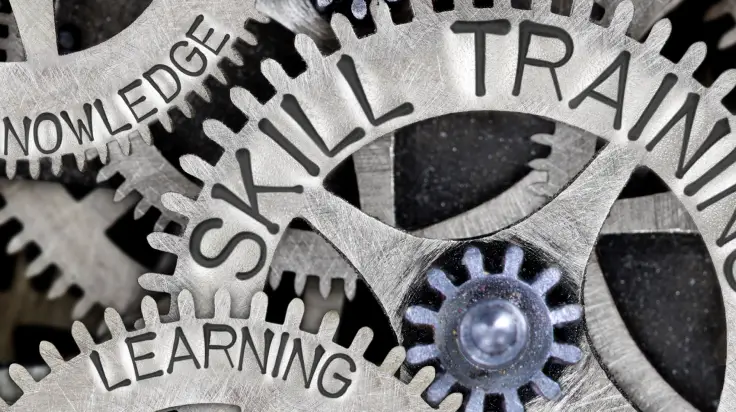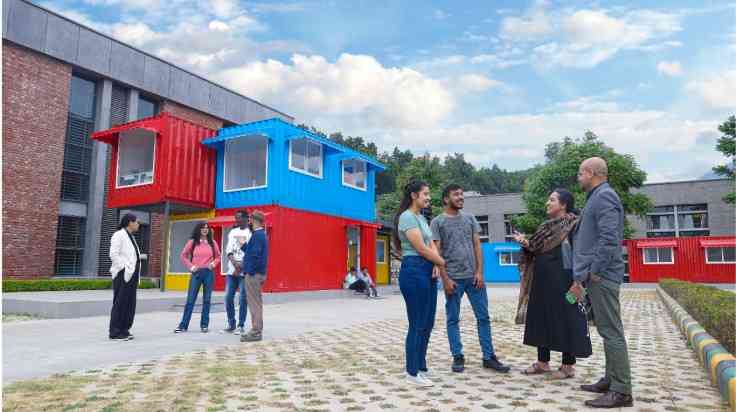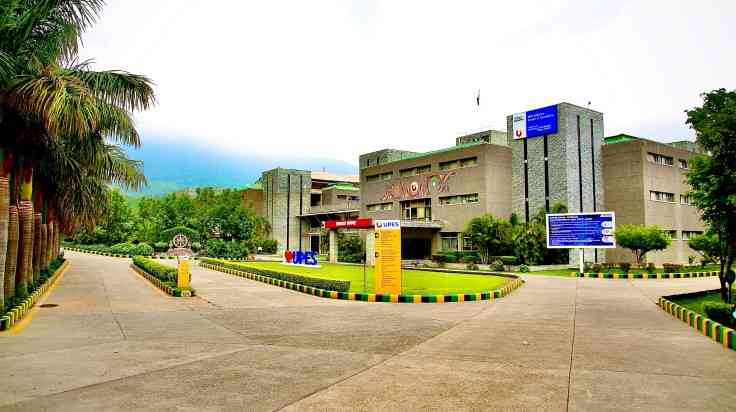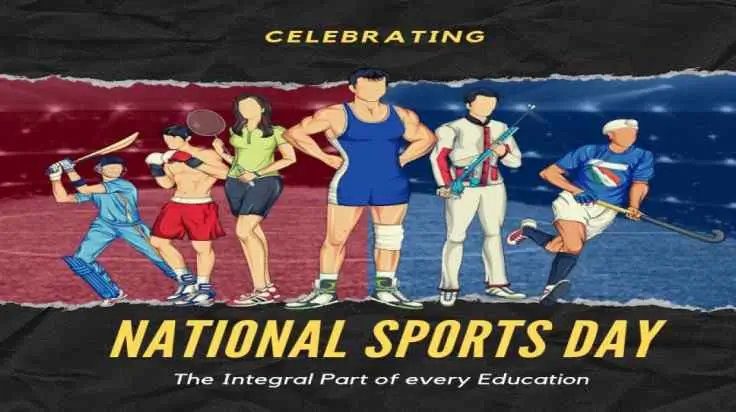From school to university: Everything you need to know about the transition
- UPES Editorial Team
- Published 07/06/2023

While for some students, the shift may come easy, others, unfortunately, face a downward spiral in their academic performance as they move from school to university. Here’s a lowdown on the preparation you need to make for a smooth changeover to a higher education institution
The journey from school to university is a unique experience for every student because of varying personal interests and access to resources. But, by and large, this transition primarily involves three phases.
The first stage comprises feelings of uncertainty, anger, sadness, frustration, disorientation, and a fear of change. The second phase involves scepticism, wherein students often encounter confusion, low productivity, impatience, and uneasiness about their involvement in the university. This affects their academic performances, especially in the first year, which further creates stress and anxiety in them. The last phase is adaptation, where students successfully acquire the skills, gain confidence, and adjust to the new learning routines. This adaptation, however, may never happen for some students, resulting in their dropping out of higher education institutions.
Understanding the differences between a school and a university
The reason why this passage can be overwhelming is because of the large disparity between the framework of schools and universities. In schools, most of the learning happens in a structured classroom. The students attend classes, scheduled one after another, get assignments and go home. In a university, a student is given the opportunity to explore and become responsible in the process. A major part of the learning happens outside the four walls of the classroom. The students, hence, learn the skills of time management, critical thinking, leadership, and self-motivation to study beyond the books, perform independent research and complete the assignments.
Schools follow the annual educational system, wherein a half-yearly and an annual examination take place with two breaks in between – summer and winter. Universities follow the semester system, which enables vertical and horizontal mobility in learning. Each semester generally consists of 15-18 weeks of academic work.
While schools offer a set curriculum for every student, universities provide the option of flexibility and personalisation through the Choice-Based Credit System (CBCS) to select from the prescribed courses (major or core, elective or minor or soft skill courses).
In school, if a student has taken science, then he/she cannot study commerce simultaneously, but in a university, a student’s major (the primary subject of the degree) can be completely different from the minor (the secondary subject that complements the major). Further, there is the option of specialisations (a focus area closely related to the major subject).

In schools, the major focus is primarily on the academic program, whereas a university encourages students to develop holistically
Under CBCS, students have the freedom to take courses of their choice, pursue supplementary courses, obtain more than the required credits, and adopt an interdisciplinary approach to learning. The grading system includes Semester Grade Point Average (SGPA), which is a measure of performance of work done in a semester and Cumulative Grade Point Average (CGPA), which is a measure of the overall cumulative performance of a student across all semesters. A Grade Point is a numerical value allotted to each letter grade (O, A+, A, B+, B, C, P and F) on a 10-point scale. A Credit is a unit by which the course work is measured. It determines the number of hours of instructions required per week, whereas a Credit Point is the product of grade point and number of credits for a course.
In a university, courses are designed to encompass lectures, tutorials, laboratory and field work, outreach activities, project work, vocational/internship training, viva, seminars, term papers, assignments, presentations, self-study or a combination of some of these.
In schools, the entire focus is primarily on the academic program, whereas a university encourages students to develop holistically by emphasising on extra and co-curricular activities as well. Students are expected to join social clubs and societies, organise events, participate in workshops and competitions, and engage in community immersion endeavours.
How to make the adjustment easier
The move from school to college can cause confusion and anxiety because the students are not acquainted with the environment of learning at the university. This is especially challenging for those who may be introverts and are unable to easily engage with others due to anxiety or fear of social communication.
This environmental adjustment can be made easier if the student is aware of what to expect and how to deal with it. The onus for a smooth transition also lies with the universities. They need to provide a thoughtful and supportive ecosystem for students to make them feel welcome and help them flourish in whatever field they choose to study.
As an academic institution, UPES ensures that students feel appreciated and settle in the new environment with ease and provides all the relevant information related to their academic year.
UPES offers specialised undergraduate and postgraduate courses with an industry-focused curriculum in the field of Engineering, Business, Law, Health Sciences, Modern Media, Design and Computer Sciences. Through a range of national and international collaborations with various institutions across the world, the university has successfully opened new academic and research avenues.
UPES believes that it is essential to engage students in co-curricular activities outside of their studies to teach valuable life skills, which can be applied in all areas of life. Through various sporting events, school-specific student chapters like Society of Law and Literature, Moot Court Association, Cloud Security Alliance, and cultural clubs such as Literary Club Connoisseur, National Service Scheme and ‘Sanskriti,’ the university provides its students with the opportunity to form life-long friendships, make useful connections and build skills such as inter-cultural competence and management. For students, it is a welcome change of pace from their regular classes.
The learning environment and practical hands-on approach at UPES help students take the challenges head-on with a positive attitude, the right skill set and practical know-how. Because of the industry-aligned curriculum and internship opportunities, the job-readiness of UPES students has been one of the key differentiators.
Success stories
The students and alumni of UPES are examples of how the university transforms its students into successful, well-rounded individuals who contribute to strengthening the economic as well as the social fabric of the nation.
Kumar Nidhi, for instance, a student of the UPES School of Engineering, got an F in one subject in her very first semester. Till the fourth semester, she was struggling hard to obtain a decent CGPA. However, she went on to become the first recipient of the Shikhar Thales Scholarship and got accepted into the Aerospace Master’s Program in Ecole Centrale de Lyon in France.
Abheesht Singh, a student of B.Tech. Computer Science (IT Infrastructure), developed CavenX, a virtual schooling platform that delivers a simpler, more powerful teaching and learning experience than the traditional learning management system. Suyash Jain, an alumnus of UPES with a strong entrepreneurial DNA, launched a unique social initiative to help people find employment during COVID-19.
The list of success stories is long and is a testimony of the commitment the university has made to nurture every student. At UPES, the students are accepted with warmth and are empowered every day to set and achieve ambitious goals.
References:
University Grants Commission
Jeyagowri, K. & Ilankumaran, M.. (2018). The Role of Students in Transition from School to College: Different Challenges in Elt. International Journal of Engineering and Technology(UAE). 7. 630-635. 10.14419/ijet.v7i4.36.24213.
UPES Editorial Team
Written by the UPES Editorial Team
UPES Admission Enquiry
Subscribe to UPES Blogs
Join our community for exclusive stories, insights, and updates
By clicking the "Subscribe" button, I agree and accept the privacy policy of UPES.













